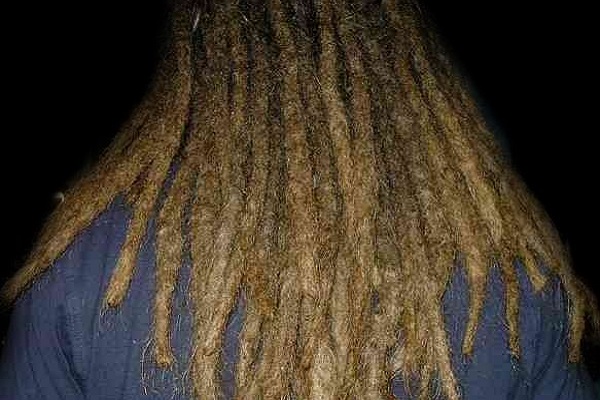
Killer’s Dreadlocks Can’t Be Cut Because Of Religious Freedom
- By Alison Lesley --
- 21 May 2018 --

Institutional Laws Violate American Religious Freedom
U.S. District Judge Patricia Gaughan has ruled that Ohio state authorities cannot compel Deon Glenn to cut his dreadlocks.[/tweetit] She said it would be a violation of his religious rights. Glenn is a convicted killer. He has been Rastafarian since 2012. He is 29 years old and serving a murder charge.
Killer’s Dreadlocks Can’t be Cut Because of Religious Freedom[/tweetthis]
Glenn, presently incarcerated in Trumbull Correctional Institution, said that he kept his dreadlocked hair without any incident until the latter months of 2016. Prison staff told him in September that he must cut the hair to ensure compliance with the policies set up by Ohio Department of Rehabilitation and Protection. The said policy banned such hairstyles. Inmates were not permitted to take refuge under the religious exemption.
The convicted inmate told the Judge that guards then disciplined him. He was locked up in solitary confinement. Glenn could not sleep for multiple days. The Youngstown resident finally agreed to do so. Jail officials then cut his dreadlocks. He filed a suit in February. He argued that the jail policy violated Religious Land Use and Institutionalized Persons Act. His case was fought by a team of law students from Case Western Reserve University.
According to Glen, he practices Rastafarianism which teaches the Biblical commandment taken from Leviticus which forbids shearing of hair. He wrote in his formal complaint that he along with other inmates of TCI who have resisted official efforts to cut their dreadlocks are being subjected to administrative and ticketing segregation.
Gaughan's ruling on May 14 said that the blanket policy on such matters adopted by Ohio state like disallowing dreadlocks inside a prison violates the laws. It does not allow any religious exemption. Ohio State, in this case, cannot prove that the relevant authorities could not search through Glenn's hair for any contraband. They also failed to prove it poses any safety risk.
Judge Gaughan reminded the legal fraternity that her decision can only be applied to Glenn and Glenn only. She mentioned that grooming policy adopted by TCI contravened the Federal Religious Land Use and Institutionalized Persons Act and stressed that complaints of a similar nature should be managed individually. The spokeswoman of the prison did not make any comment.
Glenn was sentenced in 2009 for the murder of Maressia Paterson, a 17-year-old and wounding two teens on Youngstown's Ford Avenue. The incident occurred in 2007.


















